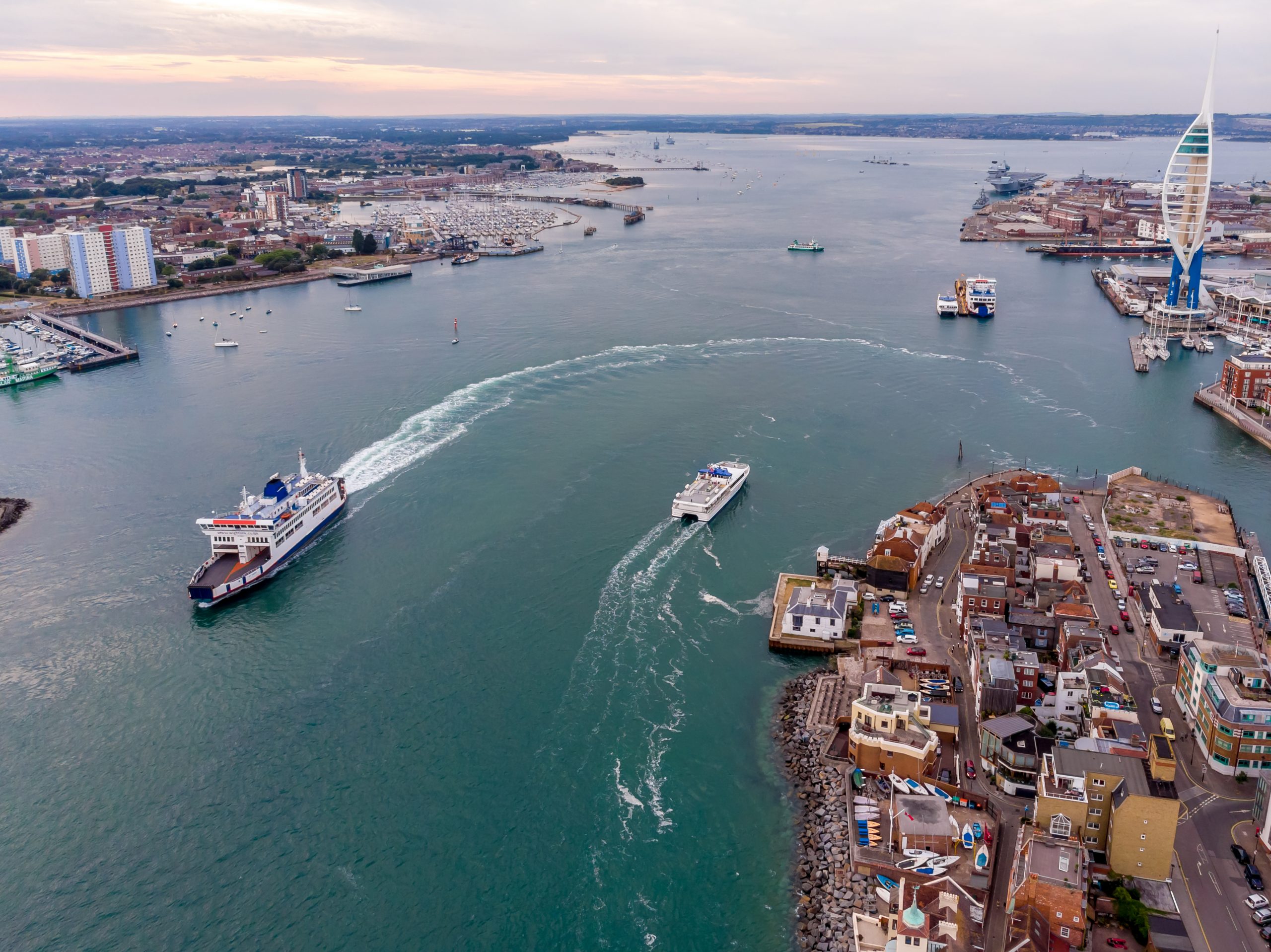Government Introduces New Water Pollution Plans
The Department for Environment, Food and Rural Affairs (Defra) will introduce amendments to the Levelling Up and Regeneration Bill to address issues caused by nutrient pollution in sensitive water catchments.
Firstly, a new legal duty on water companies will be introduced in England to upgrade wastewater treatment works by 2030 in ‘nutrient neutrality’ areas to the highest achievable technological levels. These upgrades will need to tackle the main nutrients causing pollution at protected wildlife sites.
Secondly, Natural England will establish a new Nutrient Mitigation Scheme with initial funding from Defra and the Department of Levelling Up, Housing and Communities (DLUHC).
Following a 2018 EU Court of Justice ruling, Natural England advised a total of 74 Local Planning Authorities that plans and projects should only go ahead if they will not cause additional pollution to sites protected under the Conservation of Habitats and Species Regulations 2017. This led to a block on housing developments in affected counties until they could be determined ‘nutrient neutral’. Natural England published guidance and tools on an approach to mitigate the impact of nutrient pollution so that development can go ahead.
From the Autumn, Natural England will accredit mitigation delivered through the Nutrient Mitigation Scheme, allowing developers to purchase ‘nutrient credits’ which will discharge the requirements to provide mitigation. The scheme will create wetlands and woodlands in partnership with green groups and other privately led nutrient mitigation schemes. Developers can also continue to put their own mitigation schemes in place.
The scheme follows a package of £100,000 per catchment to support Local Authorities in this work.
CIEEM’s Head of Policy, Jason Reeves, said:
We are pleased to see Government being proactive in tackling the nutrient issues impacting England’s waterways. The plan does however seem to be to let housebuilders carry on with business as usual now, whilst setting up solutions that will only have an impact into the future with water companies improving their performance by 2030 and adding a few more farm inspections. Water quality will get worse before it potentially gets better. Habitat creation is also great but will take time so there is a temporal lag there too. And the funding for local authorities is tiny for just another in a long line of extra burdens being added to their workloads.
